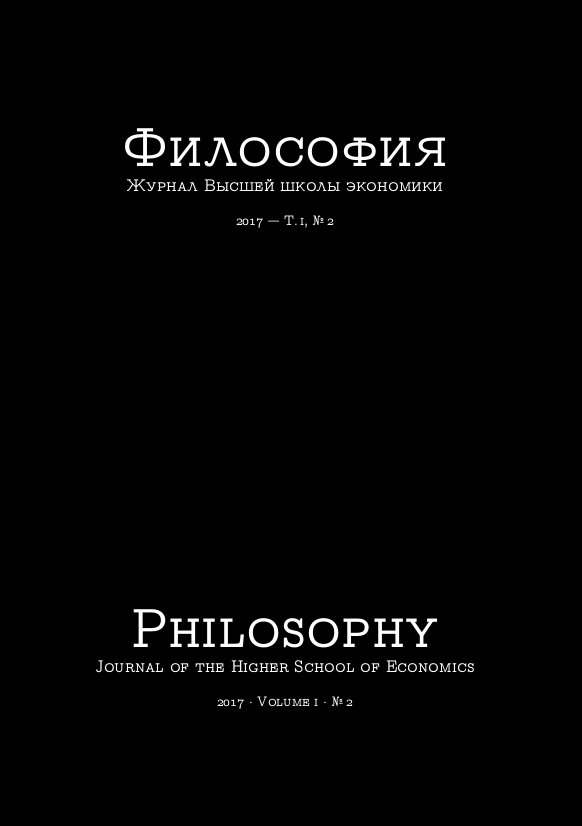Andrey Bolotov and the Becoming of Subjectness in Eighteenth-Century Russia: Part I
Abstract
The issue of subjectness in Eighteenth-Century Russia is examined on the example of Andrey Bolotov. An attempt is taken to determine how Bolotov’s inner world autonomy developed; which social and cultural conditions foregrounded his search for identity; how the borders of his self were defi ned; what he did to constitute himself as a self-identifying subject while escaping his subjectness at the same time. All this became possible only when the social actors (Russian nobility) received an opportunity to choose their social standing, social roles and behavior patterns, thus fi nding themselves in the face of alienated social statuses and roles. The diversity of available role models compelled them to engage in self-reflection, to discover or invent their inner world, and to search for identity. At the same time, their dependence on the traditional normativity and on the state forced them to resort to different ruses while identifying their subjectness.






